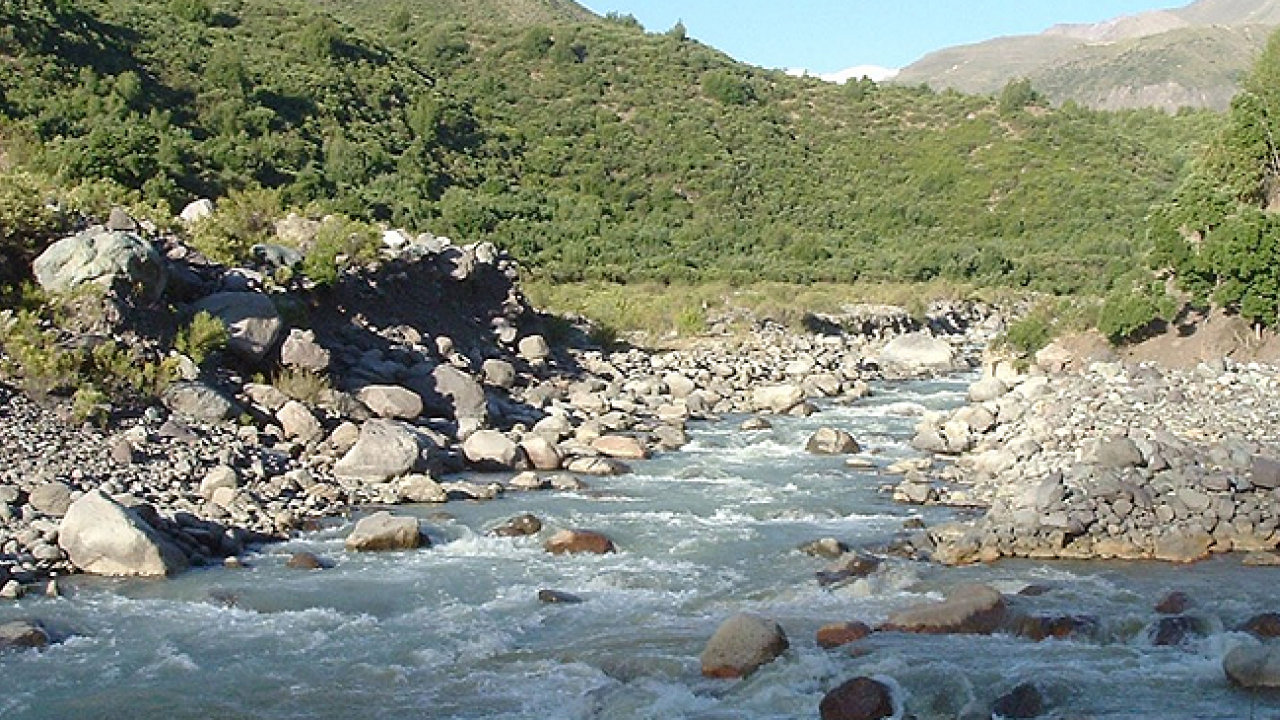
A new water consortium for the Central-South Macrozone of Chile
A new water consortium for the Central-South Macrozone of Chile
The associative work has been key in the UC Davis Chile proposal since its beginnings. This has been reflected in different Center activities, however, one of the most relevant ending 2020 is the Consortium of Water Resources Management in the Central-South Macrozone of Chile, a proposal led by the University of Concepcion, and awarded in collaboration with the Institute of Agricultural Research (INIA) and the Universities of Chile, Católica, Bernardo O`Higgins and Diego Portales.
Currently, Chile is among the 30 countries with greatest water stress in the world, a situation that would be even worse by 2040. Hence the need for urgent work on the implementation of protocols and planning for the control of differentiated and sectorized risks, which allow the generation of matrices and technological strategies focused on minimizing both: water stress on the systems, and the water gap and risk in the country.
Water Technology Consortium CoTH2O, is the name of the submitted project to the call opened by Corfo (an agency of the Ministry of Economy) in July 2020. The purpose of this initiative is to encourage the development and transfer of technologies that contribute to closing the water management gap, improving the efficiency and sustainability of resources, in order to safely deal with the water shortages associated with climate variability and change, all in Metropolitan, O'Higgins, Maule and Ñuble regions, which account for a significant portion of agriculture in the country.
For Mauricio Cañoles, General Manager of UC Davis Chile, "This awarded project is a collaborative effort of several institutions whose goal is to support the best use and development of knowledge and technology applied to water. All the institutions that participate have a long history in different areas of water resources, ranging from the management of information on availability and uses to irrigation efficiency technology and water quality improvement".
"Our role as UC Davis Chile aims mainly at the technological adoption and dissemination of knowledge in an effective way for its use. To this end, we not only support the institutions in Chile, but also serve as a bridge for the experience and knowledge developed in California to be used in Chile by our CoTH20 partner institutions and the different water users and regulators in Chile," concluded Cañoles.
After the award, the executors will have 5 years to develop the project that contemplates a total cost of more than 4 thousand million pesos and that considers during the first 12 months the conformation and beginning of operation of the consortium, the alignment and adjustment of the proposed technical projects; the diagnosis, base line of users and territories; the conformation of work groups between local institutions and UC Davis, besides the design of a strategy of diffusion and extension.